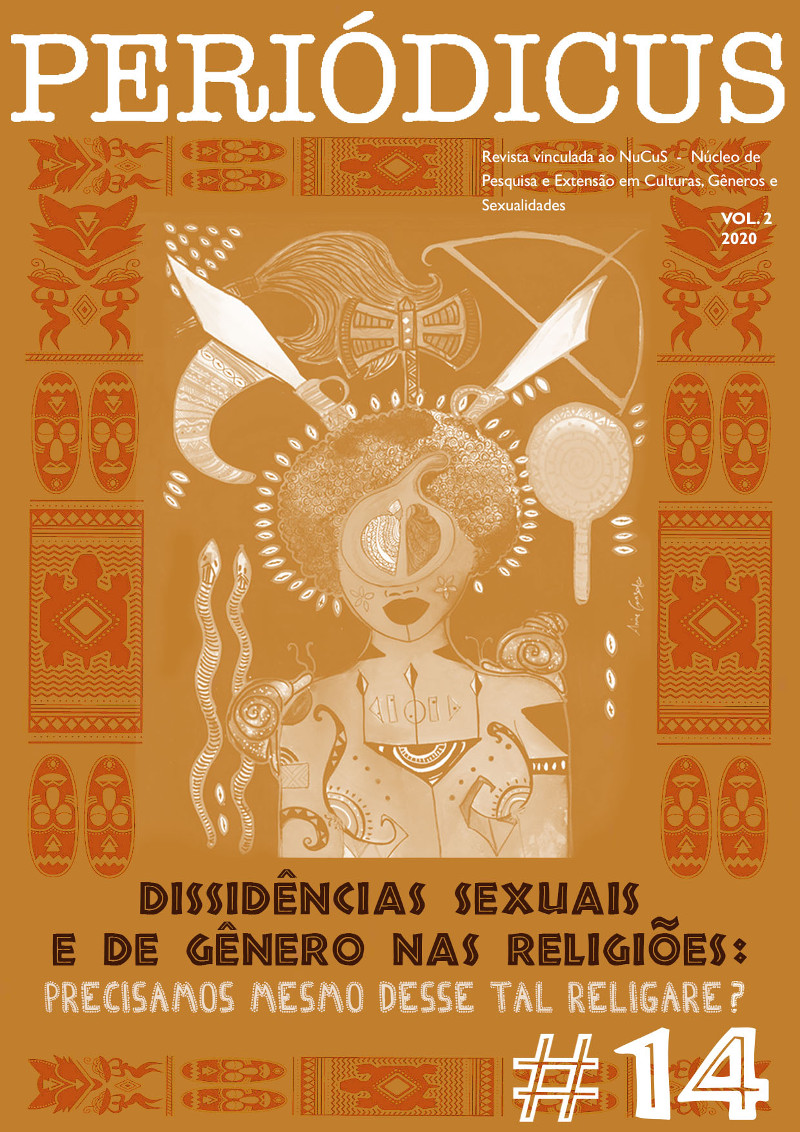University teaching and the formation of Physical Education teachers: the relationship between its contents and gender
DOI:
https://doi.org/10.9771/peri.v2i14.28532Abstract
Abstract: This paper aimed at investigating and analyzing teachers’ discourses on gender and if there is any relation withbody practices that favor the initial formation of the Physical Education teachers. This is a qualitative study that uses the
discourse analysis method. An open questionnaire containing seven questions was applied to university professors that
work directly with the supervised internship in Physical Education. The current conjuncture of public and educational
policies has problematized the discussion about gender and sexuality within the school environment, being justified from a
hegemonic perspective of the cisgender heterosexuality. The guiding documents of this context have been modified to
meet these precepts, directly affecting the process of the initial formation of the Physical Education teachers, especially
regarding the contextualization of gender in line with the contents of body culture. Based on the information collected, it
was possible to identify a similarity between the teachers’ speeches, which demonstrate the need to address the theme of
gender, making relationships with body practices. Among the teachers, only one base their practices and dialogues on
essentialist ideas, understanding that the practices must meet the biophysiological questions. Thus, there is a concern and
need to discuss this theme during the training process, but there is still little ground for a more technical and specific
treatment.
Keywords: Gender. Professor. Higher Education Institution. Formation.
Downloads
Downloads
Published
How to Cite
Issue
Section
License
Copyright (c) 2021 Revista Periódicus

This work is licensed under a Creative Commons Attribution-NonCommercial 4.0 International License.
Authors who publish in this journal agree to the following terms:
Authors retain copyright and grant the journal the right of first publication, with the work simultaneously licensed under a Creative Commons Attribution Noncommercial License that allows the work to be shared with acknowledgment of authorship and initial publication in this journal, but prohibits commercial use.
Authors are authorized to enter into separate additional contracts for non-exclusive distribution of the version of the work published in this journal (e.g., publishing in an institutional repository or as a book chapter), with acknowledgment of authorship and initial publication in this journal.
Authors are permitted and encouraged to publish and distribute their work online (e.g., in institutional repositories or on their personal website) at any point before or during the editorial process, as this can generate productive changes and increase the impact and citation of the published work (see The Effect of Open Access).








